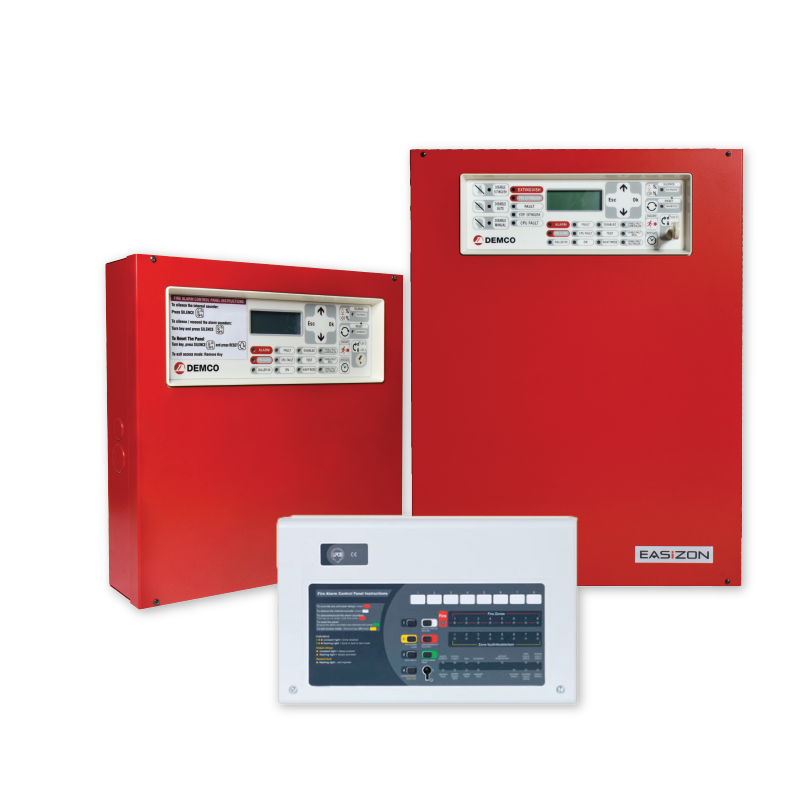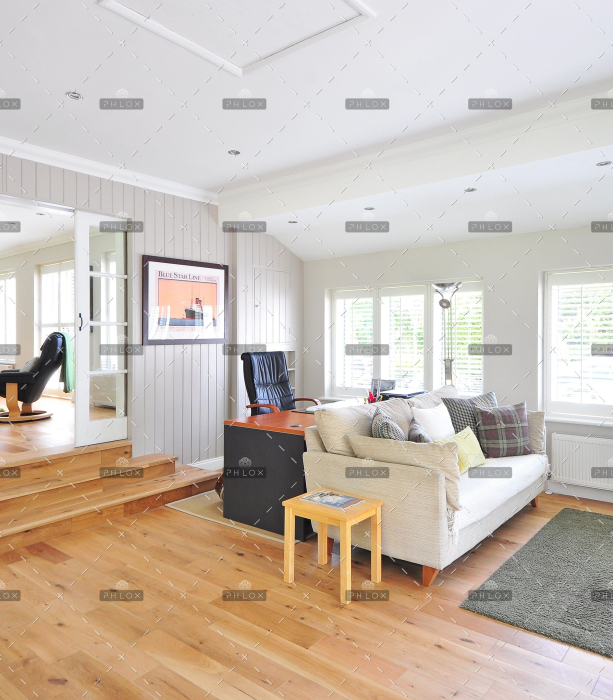Conventional Fire Alarm
Fire safety is a critical aspect of building management and is essential for preventing losses in human life and property damage. It is, therefore, vital for building owners, managers, and other stakeholders to invest in fire alarm systems that can effectively detect and alert occupants in the event of a fire. Conventional fire alarm systems are one of the most commonly used types of fire alarm systems globally. They have been in use for several decades and have proven to be reliable and affordable when it comes to detecting and annunciating fires. To ensure optimal performance, it is imperative for building owners and managers to have a good understanding of the basics of conventional fire alarm systems. This blog post provides an essential guide for building safety by discussing the fundamentals of conventional fire alarm systems, including their components, design, and installation requirements. We will also compare conventional fire alarm systems to other types of fire alarm systems, highlighting their advantages and limitations. By the end of this post, readers will have a comprehensive understanding of conventional fire alarm systems,

- Understanding the Components of a Conventional Fire Alarm System
The Basics of Conventional Fire Alarm: An Essential Guide for Building Safety is aimed at providing detailed insights into the various components of a conventional fire alarm system. As a Conventional Fire Alarm Manufacturer in Dubai, we acknowledge the importance of reliable fire protection systems to safeguard lives and investments. With a conventional fire alarm system, the building is divided into several zones connected to the control panel with separate wiring. Each zone includes a specific number of detectors and call points, which are interconnected to detect and alert any signs of fire within the zone. The system also includes a sounder circuit, which is activated when any of the detectors or call points detect smoke or heat. Understanding the fundamentals of a conventional fire alarm system is crucial to design and implement effective fire protection systems, and our guide offers detailed insights into every aspect of fire alarm systems.
- Benefits of Proper Installation
Proper installation of a conventional fire alarm system is essential for maintaining building safety. Without proper installation, the system may not function properly in the event of a fire, compromising the safety of everyone inside. A reputable Conventional Fire Alarm Manufacturer in Dubai will ensure that your system is installed correctly and up to code, providing peace of mind for building owners and occupants. Proper installation also helps reduce false alarms, a common issue with poorly installed fire alarm systems. By reducing false alarms, building owners can avoid costly fines and ensure that emergency responders are available when a real emergency occurs. Additionally, proper installation by a professional ensures that the system is fully integrated with other safety systems, such as emergency lighting and sprinklers, for a comprehensive safety strategy.
- Knowing the Different Types of Sensors
When it comes to conventional fire alarm systems, a crucial component is the different types of sensors. These sensors are responsible for detecting and alerting individuals about the presence of smoke or fire. There are several types of sensors that are commonly used in fire alarm systems, including ionization sensors, photoelectric sensors, and heat sensors. Understanding the different types of sensors and how they work is essential for ensuring that your fire alarm system is effective in detecting and responding to potential fires. As a leading Conventional Fire Alarm Manufacturer in Dubai, we prioritize the use of high-quality sensors that comply with industry standards to provide a reliable and efficient solution for building safety.
- Understanding the Significance of a Fire Alarm System Maintenance Plan
As a Conventional Fire Alarm Manufacturer in Dubai, we understand the significant role that regular maintenance plays in the effectiveness of a fire alarm system. A fire alarm system maintenance plan is an essential aspect of building safety and must be conducted regularly by a qualified technician. Fire alarms are sensitive systems that can malfunction or become damaged over time, rendering them useless during emergencies. A well-maintained system will ensure that it operates correctly when needed the most, saving lives and property. In this guide, we will delve deeper into the importance of a fire alarm system maintenance plan, providing tips and guidelines to ensure that your fire alarm system is operating at its peak efficiency.
- The Importance of Testing and Certification
For Conventional Fire Alarm Manufacturer in Dubai, the importance of testing and certification cannot be overstated. When it comes to ensuring building safety, the reliability of fire alarm systems is critical. Third-party testing and certification are essential components of the process. To meet local and international safety standards, it is necessary to undertake all the necessary tests and secure the required certifications. With testing, you can identify any issues or malfunctions in your system and rectify them before they become a major problem. Certification from accredited agencies also assures building owners and occupants that the fire alarm system they rely on has passed rigorous testing and meets prescribed safety standards. As a reputable Conventional Fire Alarm Manufacturer in Dubai, it is imperative to prioritize testing and certification to ensure the utmost safety of occupants within your buildings.
In conclusion, fire alarms are crucial for ensuring building safety, and conventional fire alarm systems are a reliable option for many buildings. As discussed in this guide, understanding the basics of conventional fire alarms, including their components, wiring, and zones, is essential for anyone responsible for building safety. By implementing and maintaining a conventional fire alarm system, building owners and managers can help protect occupants and minimize the risk of property damage from fires. It is important to regularly test and inspect these systems to ensure they are functioning properly and to stay up to date with any code requirements or changes.
OUR APPROACH
Outstanding
Designs
like these sweet mornings of spring which I enjoy with my
whole heart.A wonderful serenity has taken possession of my
entire soul, like these sweet.

